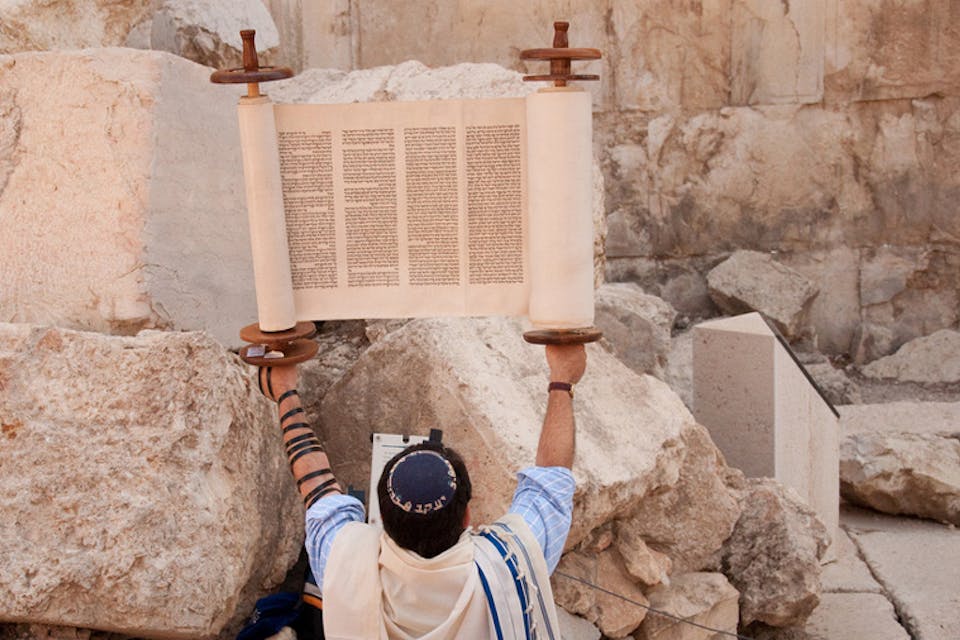
February 12, 2015
Is the Hebrew Bible a Jewish Book?
By Alan RubensteinWhat does the underread text of the ancient Hebrews have to do with the Jews of today?
Is the Hebrew Bible—the Tanakh—a Jewish book? At first glance, the question is absurd. The Bible is written in the language of the Jews, sections of it are read aloud, year in and year out, in synagogues and prayer groups, its words and thoughts permeate the Jewish liturgy, and its laws and commandments, its festivals and holy days, form the axis of the traditional Jewish way of life. So it has been for millennia.
But there are large parts of the Hebrew Bible that do not get read in the synagogue or in religious schools. Are these parts “less Jewish”? And more than this: does the Hebrew Bible, as a whole, play a role in shaping the character and formative ideas of the living, breathing Jews of today, their ambitions, their loves, their notions of the good? Or is it simply a gift to humanity from the ancient Hebrews, and in that sense no different from the gifts bequeathed by the ancient Greeks?
This question became important to me because of some accidents of my own history. I was raised in a Jewish home but not afforded much of an education in Jewish sources. I did not really pay attention to the Bible until I encountered it as one of the “great books” of the Western tradition that I and my fellow students read diligently, not to say reverently, at St. John’s College in Maryland. There, it took its place in the syllabus after we’d already encountered Homer, Plato, Aristotle, Plutarch, and Tacitus, and before we moved on to Augustine, Machiavelli, Shakespeare, Kant, Hegel, and the rest.